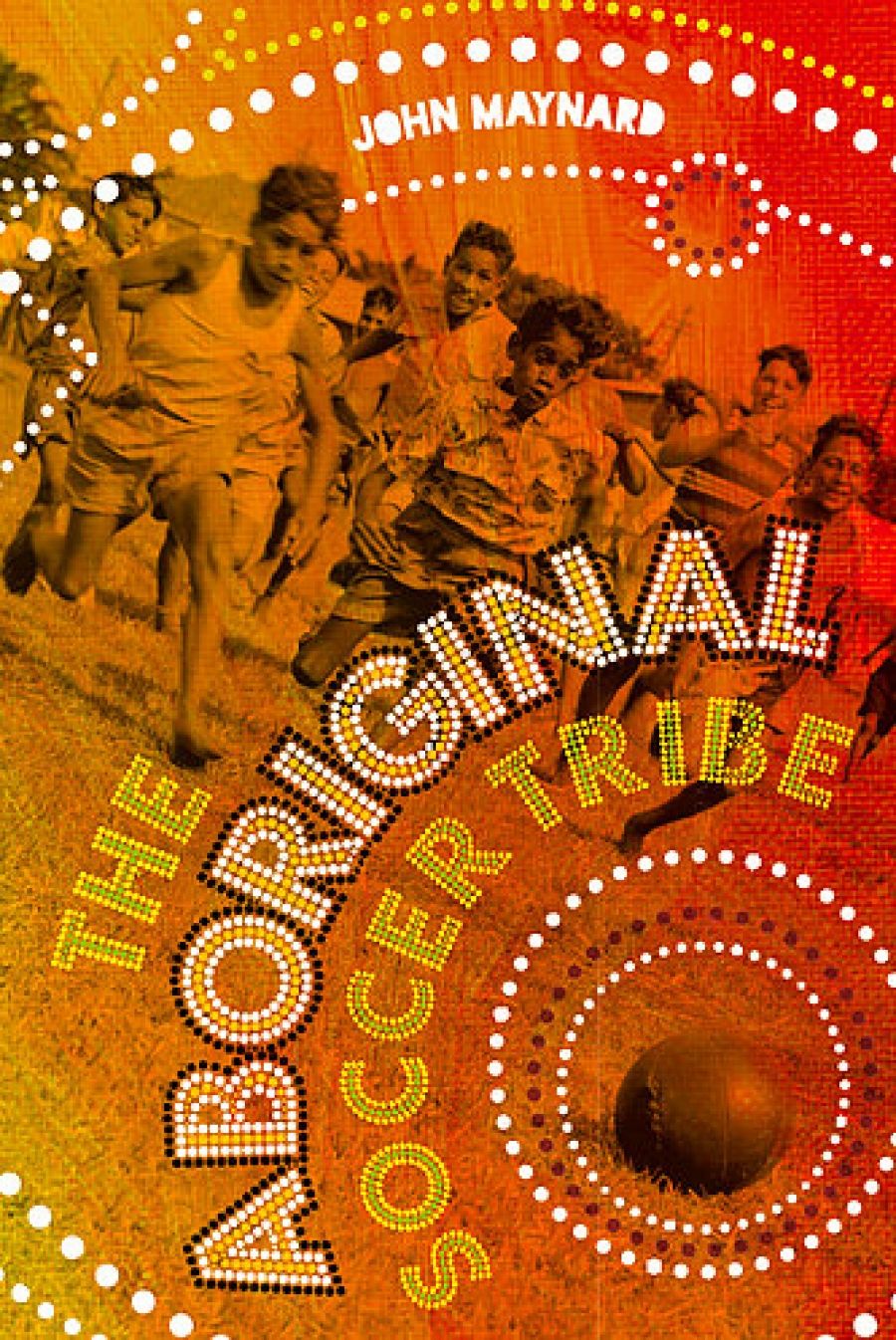
- Free Article: No
- Contents Category: Indigenous Studies
- Review Article: Yes
- Online Only: No
- Custom Highlight Text:
Communities, extended family connections, and role models have been keys to Aboriginal participation in Australian sport. Other factors – racist exclusion among them – have limited the appearance of Indigenous athletes in professional running and boxing. The high proportion of Aboriginal footballers now playing in the Australian Football League and both rugby codes inevitably begs the question of absences in other major sports.
- Book 1 Title: The Aboriginal Soccer Tribe
- Book 1 Subtitle: A History of Aboriginal Involvement with the World Game
- Book 1 Biblio: Magabala Books, $24.95 pb, 192 pp
John Maynard, a Worimi man and director of the Institute of Indigenous Studies at the University of Newcastle, provides some answers for one sport in The Aboriginal Soccer Tribe. Drawing on a wide range of interviews and newspaper accounts, Maynard produces a highly readable account of triumph over adversity, pitfalls encountered, opportunities missed and taken. Charlie Perkins, John Moriarty, and Gordon Briscoe bond in the 1950s as victims of the Stolen Generations, find acceptance within migrant communities, and gain the confidence to play major leadership roles in Aboriginal affairs. Harry Williams in the 1970s is an important figure as the first Aboriginal ‘Socceroo’, but it takes twenty years before Kasey Wehrman becomes the next Indigenous player to wear national colours, with Jade North and Travis Dodd to follow. An important late chapter is Maynard’s discussion of women’s participation.
In the modern era, the path to professional sporting success for both men and women via under-age squads, state academies, the Australian Institute of Sport, and on to representation at national and international levels, is smoother than in the past. The common refrain of Maynard’s subjects is the importance of Aboriginal role models for young players and for Football Federation Australia to create systems with an Indigenous focus.


Comments powered by CComment